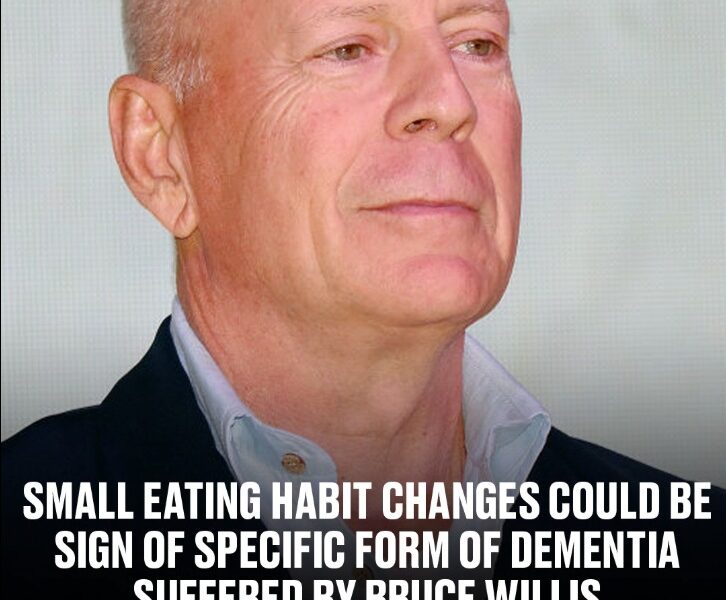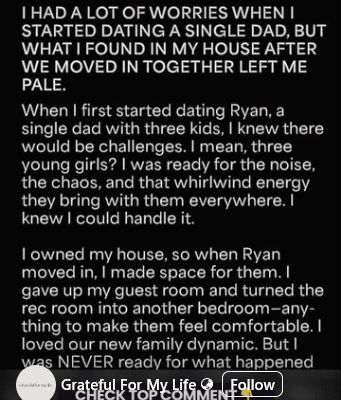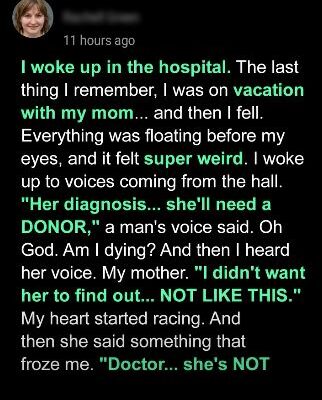Search Results for: Small eating habit changes could be sign of specific form of dementia suffered by Bruce Willis
Small eating habit changes could be sign of specific form of dementia suffered by Bruce Willis
Eating Habits as a Warning Sign
Medical experts note that eating behaviors can sometimes reflect the disease, particularly when paired with obsessive or repetitive actions. Examples include eating non-food items (a condition called PICA), focusing on only one type of food, or even taking food from others. While PICA alone—sometimes caused by vitamin deficiencies—is not necessarily a sign of dementia, its presence alongside other symptoms could indicate FTD.
A study on the subject noted: “Frontotemporal dementia is associated with a wide variety of abnormal eating behaviors, such as hyperphagia, fixations on one type of food, and even ingestion of inanimate objects.”
Dr. Marilena Aiello, a neuroscientist involved in a systemic review of FTD, explained the health implications: “These behaviors are problematic socially, but also in terms of patients’ health, as they often lead to weight gain. However, some people lose weight because they eat a narrow range of foods obsessively.”
Bruce Willis’ Diagnosis
Bruce Willis, known for Die Hard, The Sixth Sense, and Pulp Fiction, has been living with FTD since 2023. His wife, Emma Heming Willis, opened up in an ABC special, sharing the family’s journey and the impact of the condition. Willis retired in 2022 due to declining health and a prior diagnosis of aphasia, a condition affecting language.
Emma wrote at the time: “We are moving through this as a strong family unit and wanted to bring his fans in because we know how much he means to you, as you do to him. As Bruce always says, ‘Live it up,’ and together we plan to do just that.”
In February 2023, Rumer Willis, Bruce’s daughter, confirmed that his aphasia had progressed to frontotemporal dementia. She stated: “Unfortunately, challenges with communication are just one symptom of the disease Bruce faces. While this is painful, it is a relief to finally have a clear diagnosis.”
Emma continues to provide updates, explaining in a recent ABC interview: “Bruce is in really great health overall. It’s just his brain that is failing him. The language is going, and we’ve learned to adapt. We have a way of communicating with him, which is just a different way.”
In a difficult but necessary step, Emma made the decision to move Bruce into a second home to provide 24-hour professional care. She described it as one of the “hardest decisions” she’s ever had to make, emphasizing that this move ensures he receives the care he needs around the clock.




